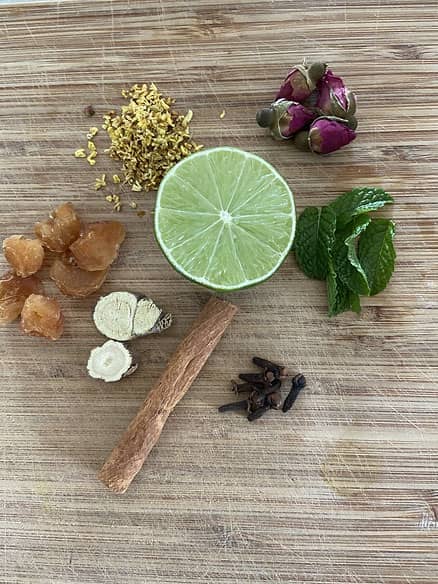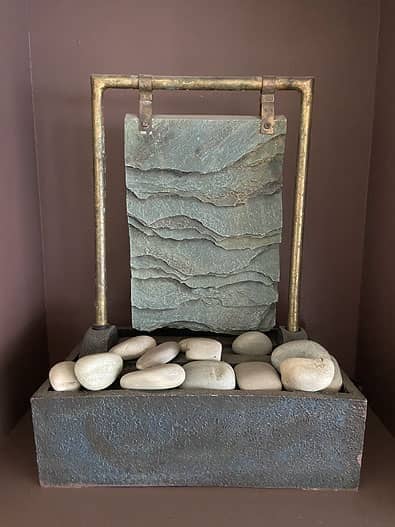Acupuncture & TCM for Frozen Shoulder
Frozen shoulder, or adhesive capsulitis, occurs when the connective tissue surrounding the shoulder joint thickens and inflames, leading to pain, stiffness, and reduced motion in the joint. This can make it difficult for one to perform daily tasks as the pain can be debilitating. Diagnosis of this condition usually involves a range of motion tests and a background check of any previous injury on that site, since injuries can lead to a higher likelihood of experiencing a frozen shoulder. Commonly, the condition only tends to impact people past the age of 40, women, and people who concurrently have diabetes and thyroid diseases.
TCM
From the perspective of Traditional Chinese Medicine, the frozen shoulder is seen as a blockage in the flow of qi and blood throughout pathways in the body. For people with frozen shoulder, the cause of the blockage occurs when cold, wind, or dampness due to weather changes invades the body and enters the shoulder muscles and joints, which leads to shoulder joints becoming immobilised. This is why the shoulder pain may get worse at night or during the cold weather.
In Traditional Chinese Medicine, frozen shoulder is also known as ‘fifties shoulder’ because one of the main reasons behind this shoulder condition is old age when the energy in the body is declining due to yang qi deficiency. Thus, it is essential to see a Chinese medicine practitioner to restore the yin and yang balance in your body. It would benefit you to seek Traditional Chinese Medicine interventions, especially acupuncture, which has been proven to be very effective.
To treat frozen shoulder, TCM uses various methods such as cupping, acupuncture, moxibustion, and Chinese herbal medicine. Acupuncture treatment is proved to be very effective and often provides very good results. Cupping and Moxibustion help to get the coldness out of your body. Chinese herbal medicine helps to warm up your meridian, remove blood stasis, and reduce pain. In addition to the above treatment, massaging and applying a heat pack to the local area can help to relieve tension and pain in the shoulder.
Lifestyle Tips
Heat Packs
Heat packs relieve muscle tension and enhance circulation in the local area and enable more mobility in your joints.
Supplement: Turmeric and Fish oil
Turmeric and Fish oil have anti-inflammatory properties and can help to relieve pain. Turmeric is also used as a Chinese medicine called Jiang Huang. It has a warming property that can expel the coldness, unblock meridians, and move blood stasis.
Gentle Movement
Use gentle movements when moving your arm – avoid movements that bring pain. If you are not sure of the underlying cause of your frozen shoulder, it would be wiser to be more cautious of your movement. This is due to the possibility that there is an accompanying injury to your condition. Rapid and reckless movement of your shoulder joints can then worsen your injury and, as a result, the symptoms of your frozen shoulder.
According to Harvard health, performing the following exercises may also ease the pain associated with a frozen shoulder:
- Pendulum stretch
- Towel stretch
- Finger walk (finger climb the wall)
- Cross-body stretch
- Armpit stretch


















Leave A Comment